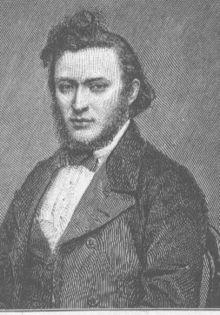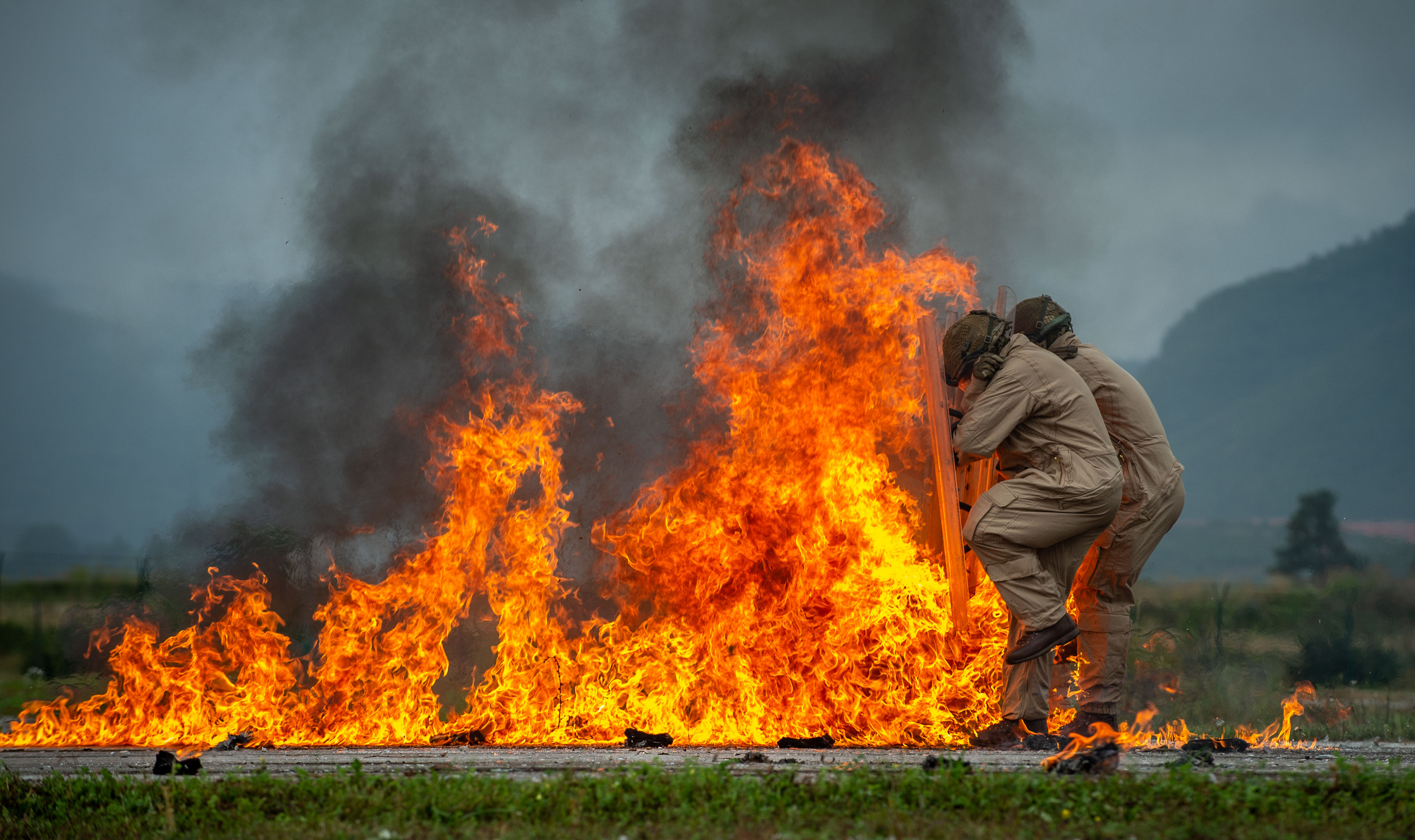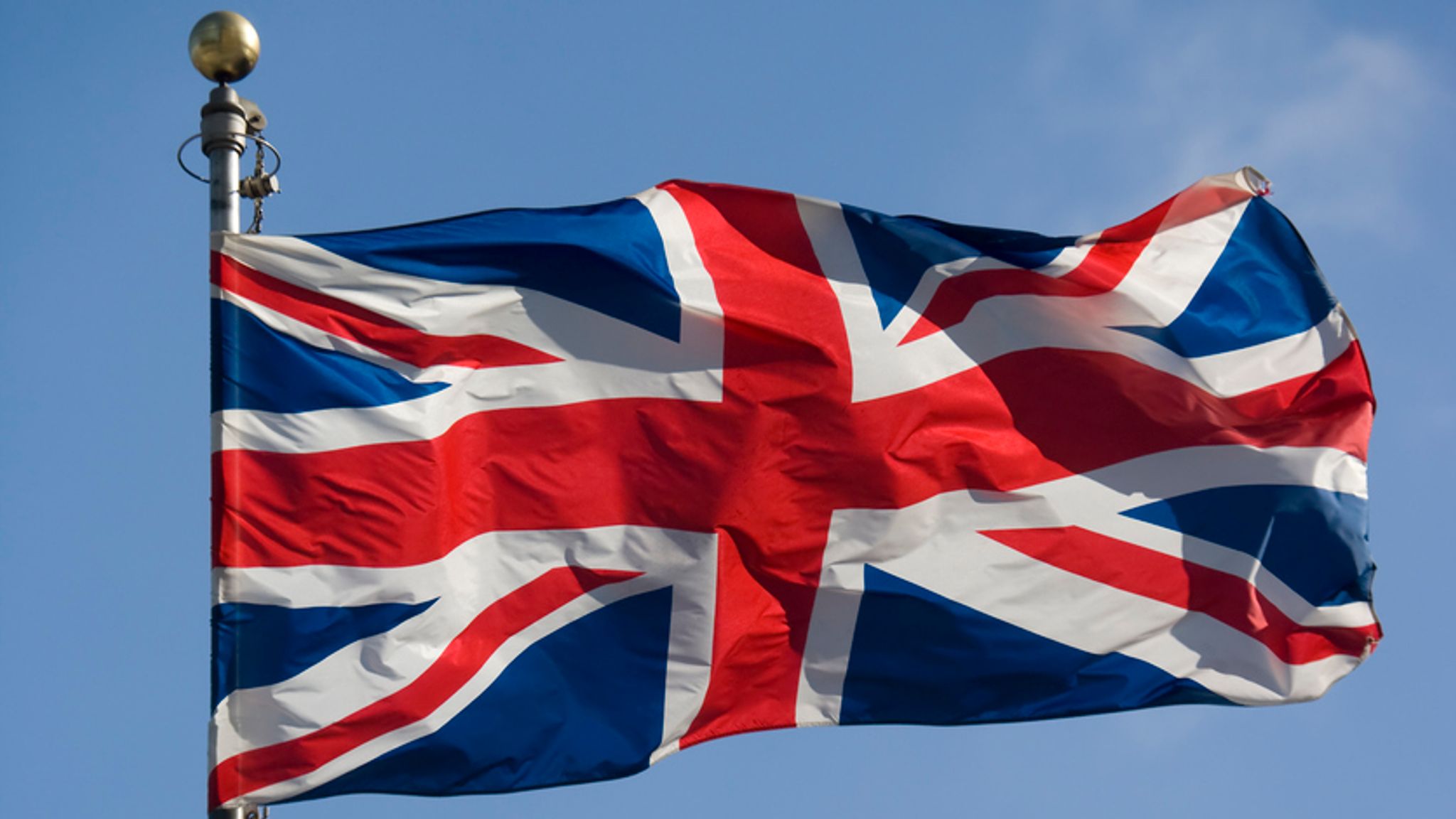This
is a note to the radical Leftists close to Jeremy Corbyn in the Labour
Party as they mark — or should it be celebrate — the 100th anniversary
of the Russian Revolution.
The resurgent Leninists in the Party —
no names, no pack drill, but I think we have an idea who they are — may
not know the recently rediscovered story of Lenin’s antecedents. The
Soviets censored all mention of it for 70 years, mainly because of deep
rooted antisemitism in Russia, but the leader of the Revolution and the
founder of the USSR, was many parts Jewish, through his mother.
The
facts came to light only after the Soviet Union collapsed and Communist
Party archives recently opened. Even then, though, Russian historians
kept quiet about the information; it was left to Western biographers, to
piece together the various fragments of the story, as I did in my book Lenin the Dictator: An Intimate Portrait, published earlier this year.
The
grandfather of Vladimir Ilyich Ulyanov — he began to take the pseudonym
Lenin when he was around 30 — was born Sril Moiseyevich (Israel Moses)
Blank in Odessa in the early 1800s. Like so many ambitious young men in
the Tsarist empire, while studying medicine in his early twenties he
converted to Russian Orthodoxy and changed his first name and patronymic
to Alexander Dimitreyevich. He travelled widely in Europe after
qualifying as a doctor and he married the daughter of a wealthy German
merchant, Anna Groschopf. She was a Protestant and their children were
brought up as Christians. Eventually he achieved a high enough rank in
the Civil Service to qualify as Noble status, which, under the Romanovs,
he never could have done as a Jew. The evidence suggests that Lenin’s
mother, Maria Alexandrovna, knew about her background but never
mentioned it, even to her husband or children.
Lenin was almost
certainly unaware of his part Jewish ancestry. His older sister Anna
discovered a piece of the story in her thirties when she went to
Switzerland and met a family called Blank. She was told that nearly all
Swiss by that name were likely to be Jews. Then she found that a silver
cup — a Blank family heirloom that had come from her mother — was the
kind typically used for Jewish festivals. By her own admission, she
never spoke of it to her brother Vladimir.
Soon after Lenin died
in 1924 Anna was asked by the Lenin Institute, established to preserve
his “legacy”, to write a definitive history of the Ulyanov family. She
did a thorough job and found out details about her grandfather that were
entirely new to her. She didn’t mention her work to anyone outside the
family for many years.
But in 1932, shortly before her own death,
she wrote to Stalin and revealed her findings. She went to his office in
the Kremlin and handed the letter to him. “It’s probably no secret to
you that our research on our grandfather shows that he came from a poor
Jewish family,” she told him. The letter only came to light a few years
ago. Publishing the facts, she said, “could help to combat
antisemitism…Vladimir Ilyich always valued Jews highly and was always
persuaded of their exceptional abilities.” Stalin responded immediately,
ordering her “Absolutely not one word about this letter to anyone.”
Stalin was a rabid Jew hater and probably felt viscerally, as well as
calculated politically, that it would not have helped the Communist
cause amongst Russians if it had been revealed that the founder of the
Soviet state had Jewish roots.
If Lenin had known, he would
probably have been relaxed about the revelation. As he once told the
writer Maxim Gorky. “We do not have many intelligent people. (Russians)
are a talented people. But we are lazy. A bright Russian is nearly
always a Jew or a person with an admixture of Jewish blood.’
Lenin
was many things — among them a dictator who sent many thousands of
people to their deaths — but one thing he can’t be accused of is
antisemitism. Many of the leading early Bolsheviks, such as Trotsky,
were Jews — though few Jews in the 1900s, or later, were Bolsheviks. In
the bloody Russian Civil War from 1918-1921, in which around six million
people died, there were many cases of pogroms by the White Russian
armies, who routinely slaughtered Jews in towns and villages from the
Crimea to Siberia. In one night nearly a thousand Jews were butchered by
bayonets in Kiev.
There were a few isolated cases of atrocities
by the Reds. When Lenin heard about them he was apoplectic with rage and
ordered a full investigation. He was the first Russian leader to speak
out against antisemitism, though he knew that probably it would do the
Bolshevik cause little good.
In 1921 he made 16 three minute
propaganda gramophone records to be played in villages and town halls
throughout the fledgling USSR.
He chose as the subject of one of them On Pogroms and the Persecution of the Jews.
I would commend them to Mr Corbyn as the row over antisemitism in the
Labour Party a century later rumbles on. With a minor tweak to update
the context for today some Labour voters, especially younger ones, might
want him to say something like Lenin did. “It is not the Jews who are
the workers’ enemies. It is the capitalists of all the countries. The
great majority of Jews are themselves workers… They are our brothers
being oppressed by the capitalists, our comrades in the struggle for
socialism. The Jews have their kulaks, their exploiters and their
capitalists, just like the Russians. Just like all nations…It is the
capitalists who inflame hatred against the Jews.”
Victor Sebestyen is the author of Lenin the Dictator: An Intimate Portrait (Weidenfeld and Nicolson, £25)
https://www.thejc.com/news/features/lenin-s-jewish-roots-1.447185
























